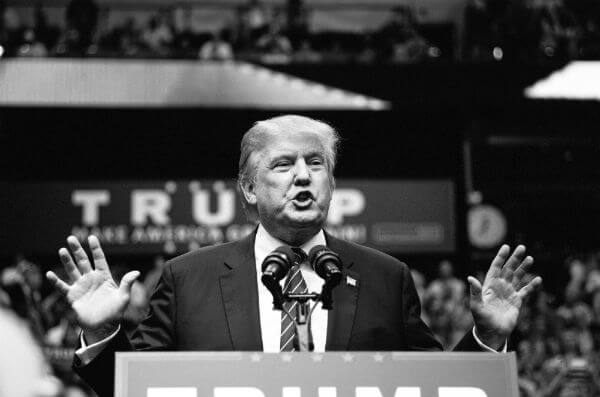Issac Bailey writes: Donald Trump is on the verge of locking in a racial deficit within the Republican Party that GOP officials won’t overcome for at least a generation, as he systematically alienates Latinos, African-Americans and anyone worried about the powerful undercurrent of white anger on display at his rallies.
But as his racial gaffes have claimed the spotlight, far less appreciated is what has been happening in the opposing party. Democrats face their own racial split that could haunt the party well into the future if it isn’t handled properly now.
Though it might offend his uber-progressive supporters to hear this, the Sanders insurgency is largely a white revolution. All the talk about Sanders representing the future of the Democratic Party because of his overwhelming popularity among young people leaves out an important caveat: He couldn’t persuade minority voters to sign on. In many ways a Sanders victory, propelled by the least diverse states in the nation, would have been a step backward in American race relations. Now that Hillary Clinton has laid claim convincingly to the nomination with decisive wins in California and New Jersey, the party — and Bernie’s supporters — are at a crossroads. If they insist on maintaining their purist divide from Clinton, they will create a rift in the party that’s not just ideological, but racial. [Continue reading…]
Bailey notes an important observation made recently by Jonathan Chait: “The expectation that a politician should agree with you on everything is the ultimate expression of privilege.”
At a time when there’s a lot of talk about “voting your conscience” and not being badgered into accepting “the lesser of two evils,” it’s worth subjecting these self-declared positions of uncompromising principle to some critical scrutiny.
What casts itself as defiant idealism, seems to me to have less to do with participation in a democratic process — a process in which, by definition, our choices are limited — than it has with a narcissistic indulgence: the desire to say, this is who I am — to hell with the outcome of the election.
We each cast votes individually and yet are being called to act in our most widely defined collective interests.


